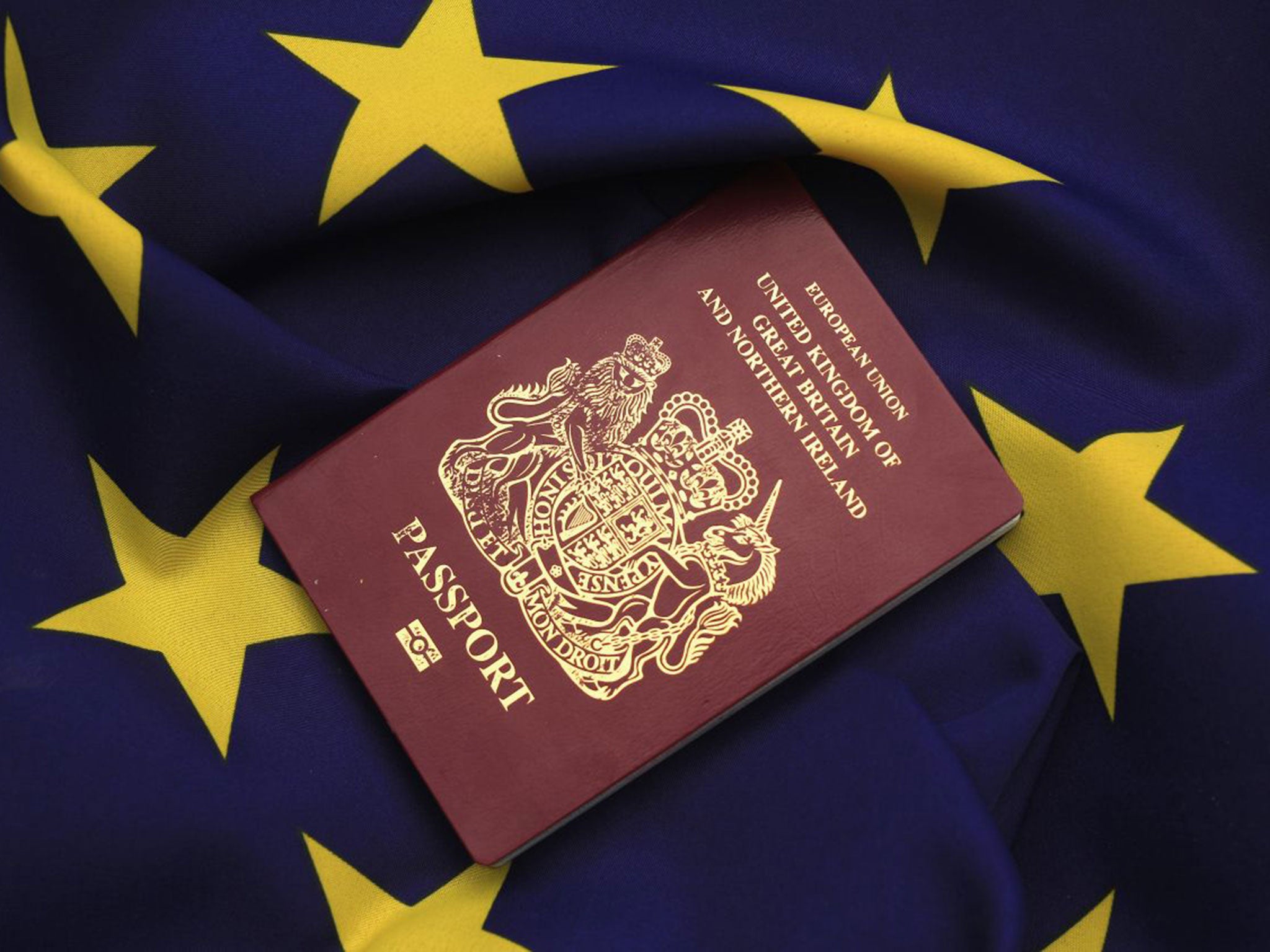Like the Scottish referendum, the public will be thinking of their pockets when they vote on EU membership
Like the Scots, they may not like their current arrangements that much – but they are the devil they know

It is a shame that “Better Together”, the cosy slogan used by the anti-devolution, pro-UK lobby in the Scottish independence referendum some 18 months ago, has come to be thought a bit weak. For it sums up perfectly the inchoate but very real gut instinct that many in this country have towards the European Union, and would have served better than the rather blank word “Remain”.
It is also a shame because, as the latest analysis from the Institute for Fiscal Studies demonstrates, so far as economics is concerned, Scotland was indeed better off together with England, Wales and Northern Ireland in the United Kingdom. At the time, when North Sea oil was worth about $90 a barrel (it now stands at less than half of that), the Better Together campaign looked to be on the wrong side of the argument. But the notion that Scotland’s mineral wealth was both vast and being stolen by the English was only, at best, half right.
Today, the prospects for an independent Scotland are somewhat bleaker than they were then. Like it or not, the economic arguments dominated the devolution debate, just as they do the debate about Europe today. Had Scotland actually taken the plunge then, and were it in the final stages of its independence negotiations with Westminster now, the Scottish people would be looking at a most difficult financial climate. Of course that may well be due to the way the UK Treasury has used, or misused, the proceeds of the oil since it first came ashore four decades ago, but there is only so much that can be done about the past.
Scotland, despite the derision the slogan attracted at the time, really is better together with the rest of the UK as a union that can withstand the economic difficulties that can hit any nation at any time. The larger the economic unit, generally speaking, the more resilient it will be to external shocks and internal unrest.
The lesson from 2014 for the referendum in 2016 is fairly clear: those who proclaim the benefits of breaking up a political and economic union should be viewed with some distrust. Today we can hear the same sorts of claims being made about what will happen when the UK “reclaims” its natural resources, its fisheries, its agriculture, its industry, commerce and the City. As the Prime Minister says, too, about the relationship between Scotland and the rest of the UK, Britain is able to get the best of both worlds from the EU because it remains outside its most troublesome components – the single currency and the Schengen area, just as Scotland retains control over so many of its own affairs while sharing in the more useful UK-wide institutions such as the pound and the Armed Forces.
The parallels are of course imperfect. Many in Britain, as in Scotland, honourably take the view that sovereignty, freedom and self-government are more precious than anything merely material. They believe, to use a phrase echoing down the years from a past Eurosceptic Labour leader, that what is at stake is a thousand years of history, not some essentially transient Japanese car plant or workforce on a Lincolnshire flower farm.
Nothing seems able to shift the British people from their long-held attitude towards Europe once summed up memorably as “morbid antipathy”. But, as in 1975, they seem ready to put the pragmatic arguments about living standards and political security ahead of the abstruse stuff about sovereignty and the European Court. Like the Scots, they may not like their current arrangements that much – but they are the devil they know.


Join our commenting forum
Join thought-provoking conversations, follow other Independent readers and see their replies